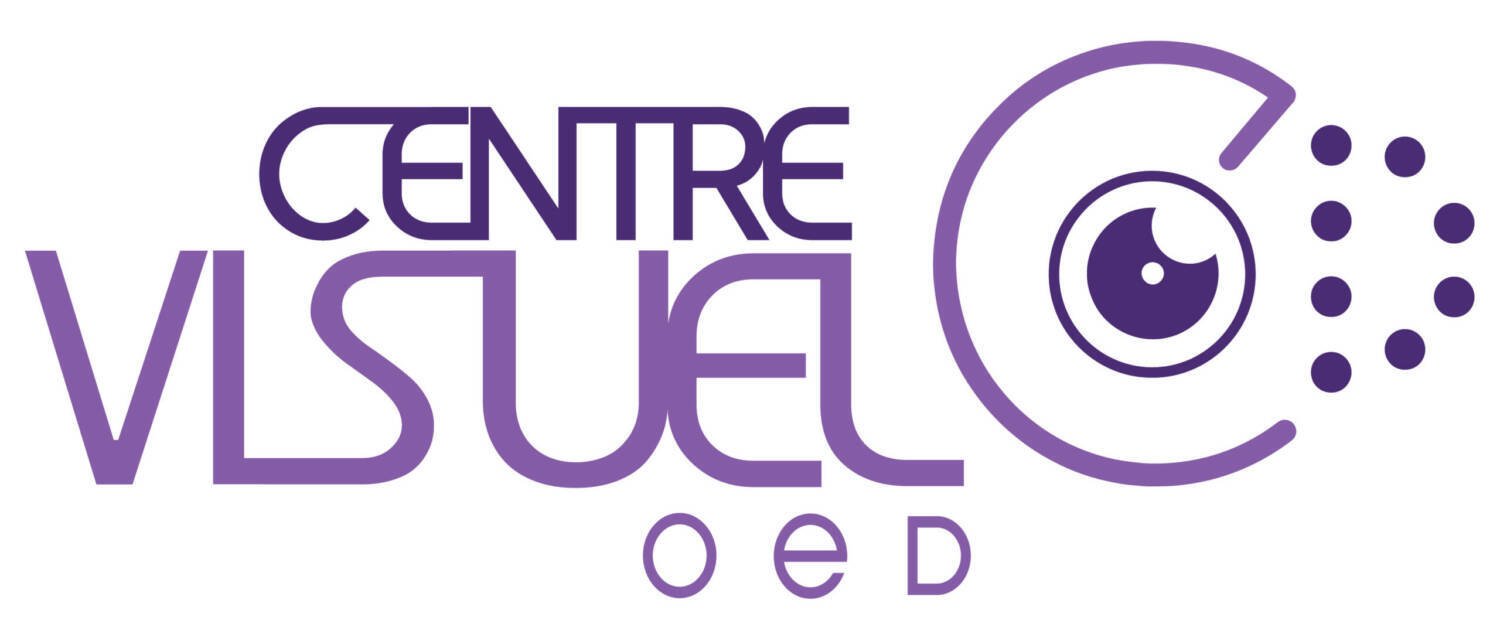Comprehensive Eye Exam
What is a Comprehensive Eye Exam?
A comprehensive eye exam is a detailed assessment of your vision and overall eye health. It is more than just checking for glasses or contact lens prescriptions—it’s about ensuring that your eyes are healthy and functioning well.
Why Do You Need a Comprehensive Eye Exam?
Regular eye exams are essential for detecting vision problems early, preventing eye diseases, and maintaining overall health. Many eye conditions, like glaucoma, can develop without noticeable symptoms, making routine exams crucial even if you don’t have obvious vision problems.
What to Expect During a Comprehensive Eye Exam
During your comprehensive eye exam, your eye doctor will perform a series of tests, including:
- Patient History and Visual Acuity Test
- Your eye doctor will ask about your health history, any vision concerns, and your lifestyle.
- You’ll be asked to read letters on an eye chart to assess how clearly you can see at different distances.
- Refraction and Prescription Test
- This test helps determine the exact prescription needed for glasses or contact lenses.
- You’ll look through a series of lenses to identify which ones give you the clearest vision.
- Binocular Vision and Eye Coordination
- The doctor checks how well your eyes work together and if you have any issues with eye movement or alignment.
- Eye Health Examination
- A slit-lamp exam allows the doctor to check the health of the front part of your eyes, including the cornea, iris, and lens.
- The doctor may use dilating drops to widen your pupils and examine the retina and optic nerve for signs of disease.
- Glaucoma Screening
- This is a test to measure the pressure inside your eyes (intraocular pressure). High pressure can indicate the risk of glaucoma.
- Retinal Examination
- Using specialized tools, your eye doctor will examine the back of your eyes to check for signs of conditions like diabetic retinopathy, macular degeneration, or retinal detachment.
- Additional Tests (if needed)
- Depending on your age, risk factors, and symptoms, your doctor may recommend additional tests to assess your eye health, such as a visual field test, color vision test, or macular OCT scan.
How Often Should You Have a Comprehensive Eye Exam?
- Children: Yearly eye exams starting at age 3, or sooner if there are concerns.
- Adults (18-60): Every two years, or more often if you have risk factors like diabetes or a family history of eye conditions.
- Adults (60+): Annually, as age increases the risk of certain eye diseases.
Benefits of a Comprehensive Eye Exam
- Early detection of eye conditions and diseases.
- Preserving vision by addressing issues before they worsen.
- Tailored advice on eye care and lifestyle changes to protect your vision.
Schedule Your Eye Exam Today
Don’t wait until you notice a problem. Schedule your comprehensive eye exam with our expert optometrists today!
- Contact Us: (514)253-8472 or info@ centrevisueloe.com
- Location: [Office Address]
- Online Booking: [Booking Link]
